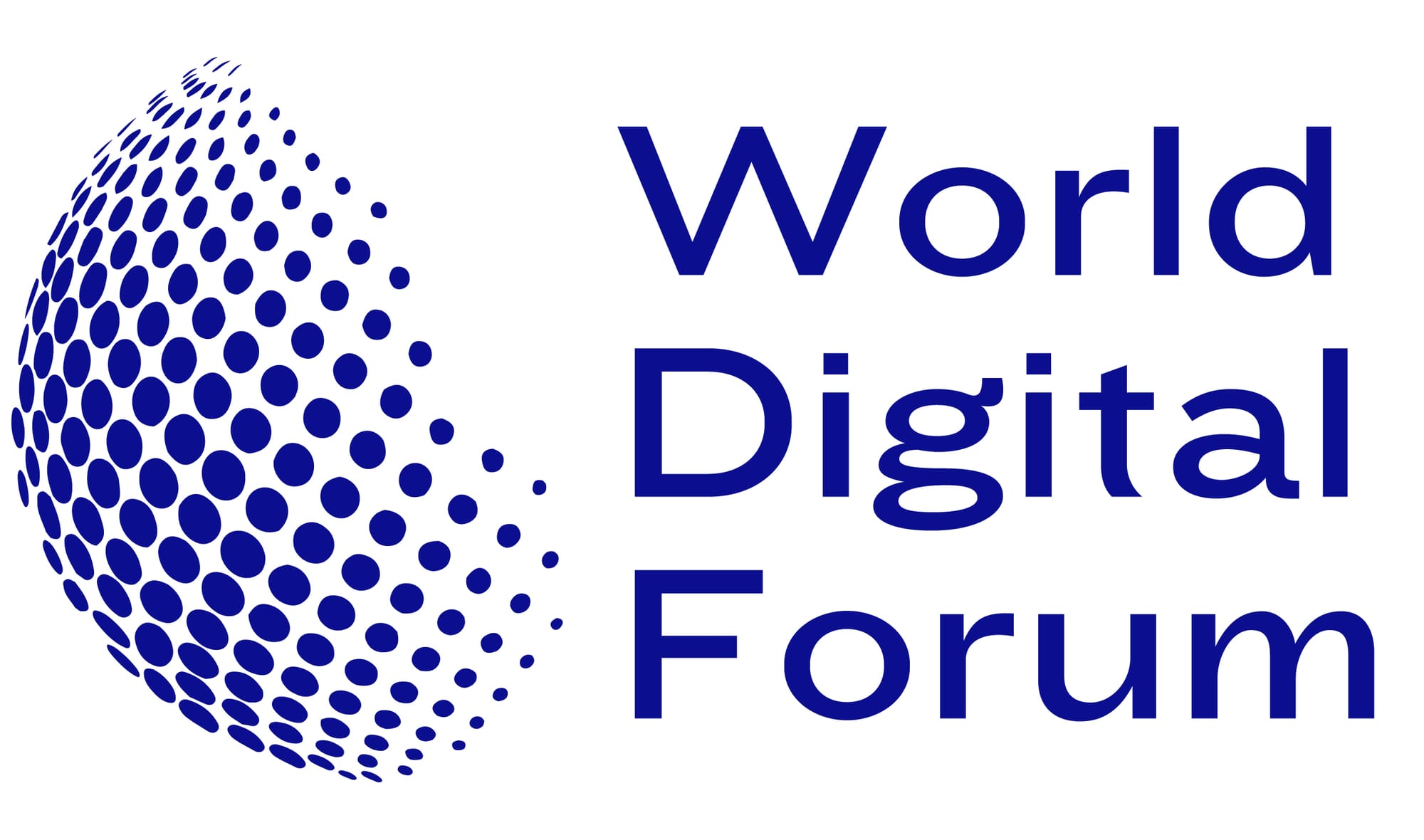Thoughts, Tools, and Techniques

Pivotal Elements in the Evolution of Humanity:
The evolution of humanity is a testament to the intricate relationship between thoughts, tools, and techniques. These three elements have not only shaped the trajectory of human development but have also been integral in academic and professional domains. This paper explores how thoughts, tools, and techniques are interlinked, their historical impact on humanity, and their relevance in contemporary studies and work environments.
Thoughts: The Genesis of Innovation
Thoughts are the seeds of human progress. Every tool and technique developed throughout history originated from the cognitive capabilities of humans to think, imagine, and reason. The evolution of thought—from the primal instincts of early hominids to the complex abstractions of modern humans—has propelled the development of cultures, societies, and civilizations. Thoughts enable individuals to question, conceptualize, and strategize, leading to the development of complex languages, philosophies, and scientific theories.
Philosophical and Scientific Developments
Philosophical thoughts questioned existential realities and ethical norms, influencing governance, justice, and society's moral compass. Scientific thinking, marked by the Enlightenment, rationalism, and empirical research, revolutionized our understanding of the natural world. These developments underscore the profound impact of thought on societal evolution and highlight its role in driving systemic changes and innovations.
Tools: Extending Human Capabilities
Tools are physical extensions of human thoughts, embodying ideas into tangible forms that enhance human capabilities. From the rudimentary stone tools of prehistoric times to today’s sophisticated technologies, tools represent the practical applications of thought.
The Role of Tools in Agricultural and Industrial Revolutions
The invention of agricultural tools transformed human settlements and food production, facilitating the rise of civilizations. The Industrial Revolution is another pivotal era where tools like the steam engine and the spinning jenny reshaped economies and societies, accelerating urbanization and industrialization, showing the direct influence of tools on human progress.
Techniques: The Application of Knowledge
Techniques involve the methods or processes used to employ tools effectively, grounded in the accumulation and application of knowledge. They are the procedural aspects of thoughts and tools, reflecting the human ability to adapt and optimize responses to various challenges.
Techniques in Institutions and Industry
In education, pedagogical techniques have evolved from rote learning to include critical thinking and problem-solving approaches, crucial for adapting to the rapid changes in information and technology. In industry, manufacturing techniques like assembly line production and lean manufacturing have revolutionized production efficiency and quality, showcasing the importance of refined techniques in professional settings.
Integration
In contemporary settings, the synergy among thoughts, tools, and techniques is evident. In academics, this integration fosters interdisciplinary research and innovative problem-solving approaches. For example, cognitive science combines philosophy, neuroscience, and artificial intelligence, integrating thoughts (theories of mind), tools (brain imaging technologies), and techniques (experimental methods).
In professional environments, this integration facilitates productivity and innovation. Modern project management tools like Agile and Scrum are underpinned by psychological insights into teamwork and productivity, showcasing the fusion of thought (theoretical frameworks), tools (software), and techniques (iterative processes).
Conclusion
The dynamic interplay between thoughts, tools, and techniques has been a cornerstone in the evolution of humanity. This relationship not only underscores historical advancements but also continues to drive academic and professional fields towards greater innovation and efficiency. Understanding and enhancing this triad will be crucial as humanity steers through the challenges and opportunities of the future.

